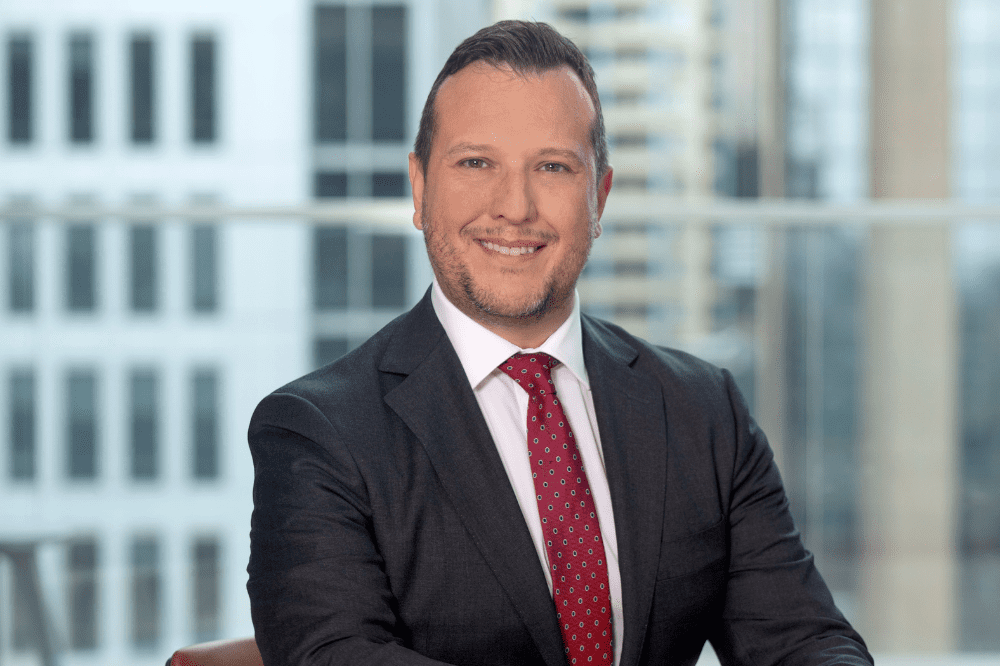Global law firm warns insurers against social washing

“We’re very familiar with greenwashing and many clients and regulators have been dealing with it for the past few years so it’s now a concept that’s fairly well defined,” said Jacques Jacobs (pictured above), a Sydney based partner with the firm who specializes in financial lines claims. “But we’re seeing consumers and also investors increasingly focusing on the ‘S’ part of ESG and that’s where social washing can come in.”
Reputational damage, liability and directors and officers (D&O) risks are some of the threats.
“It’s really similar to greenwashing,” said Jacobs. “It looks at the extent to which a company’s social commitments match what they’re actually doing.”
Read next: Why is climate risk the mother of all ESG factors for insurers?
The Clyde & Co partner said there are subsets of social washing.
“For example, pink washing has been described as scenarios where companies are making commitments on gender issues and perhaps where those aren’t consistent with what they’re actually doing,” he said.
There’s also rainbow washing, said Jacobs, connected to commitments around LGBTQI plus rights. So far, some of the most serious examples of companies caught social washing have occurred in the United States and the United Kingdom.
In 2007, the motor industry in the US, Jacobs said, got into trouble making statements supporting breast cancer victims. In response, Breast Cancer Action campaigned to highlight the chemicals released in car exhaust linked to the cancer.
“Ford, Mercedes and BMW urge consumers to buy and drive cars in the name of breast cancer, yet internal combustion engine car exhausts contain toxic chemicals that are linked to the disease,” said the advocacy group and encouraged supporters to send letters to car makers urging them to make cleaner cars.
In the UK, in the LGBTQI plus space, said Jacobs, the charity Stonewall and the retailer Primark were criticised for having Pride T-shirts printed in Turkey.
“The Primark T-shirts are printed in Turkey where Pride is illegal, so that is deeply unethical,” said Steve Taylor, co-founder of the UK Pride Network and currently secretary general of Copenhagen Pride.
Jacobs said the trend now is that more investors and regulators are “digging deeper and beyond” what companies are saying.
“Particularly on the investment front, a lot of money is starting to be diverted into funds or organisations with good ESG credentials and a key part of that would be the social credentials,” he said.
Jacobs said the greatest risk for organisations around this is reputational.
“But we are seeing reputational risk translating into financial risk,” he said.
Social washing hasn’t yet had the same close attention from regulators who have already produced quite specific reports and rules around environmental obligations and greenwashing.
“But we expect issues around social washing won’t be far behind,” he said. “The essence of it is really the same: It’s whether or not you’ve misled your consumers or the market about what you’re saying you’re doing as an organization.”
Read next: S&P releases first ever ESG report on insurers
Jacobs summarised the main risks to insurers – and to all organisations – as coming from two directions: investors and consumers.
He gave the hypothetical example of an insurer that very loudly supports LGBTQI plus initiatives and rights but finds some of its insurance policies are perceived to be discriminatory.
“Does that mean that you’ve somehow engaged in social washing? There’s a lot that sits behind that statement,” he commented.
Earlier this year, Victorian Pride released a survey and report that could be relevant to the issue of social washing. Worth the Risk: LGBTIQA+ experiences with insurance providers, found that almost half of respondents had experienced discrimination or exclusion when applying for an insurance product.
Jacobs encouraged insurers to embed their ESG strategy into an overall risk framework so that social risks are given as much attention as environmental risks.
“So that you’re testing and making sure that the statements you make about your social credentials stacks up against what you’re doing,” he said.
In an interview with Insurance Business in March, David Howard-Jones, partner in Oliver Wyman’s Global Finance and Risk practice, detailed how ESG issues are already having a big impact globally.
“We know that climate and ESG issues are resulting in investors losing tens of billions of dollars – known fact,” he said.





